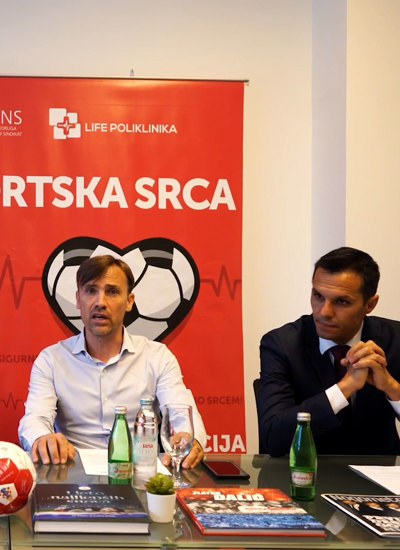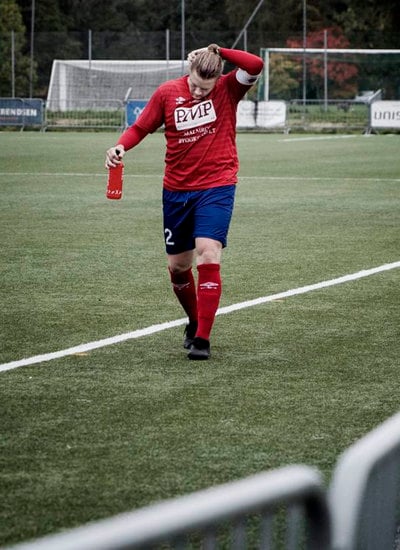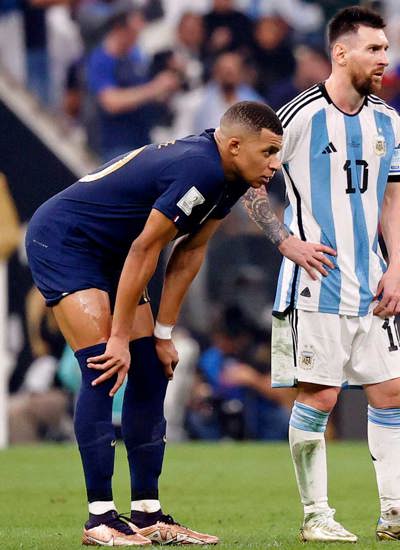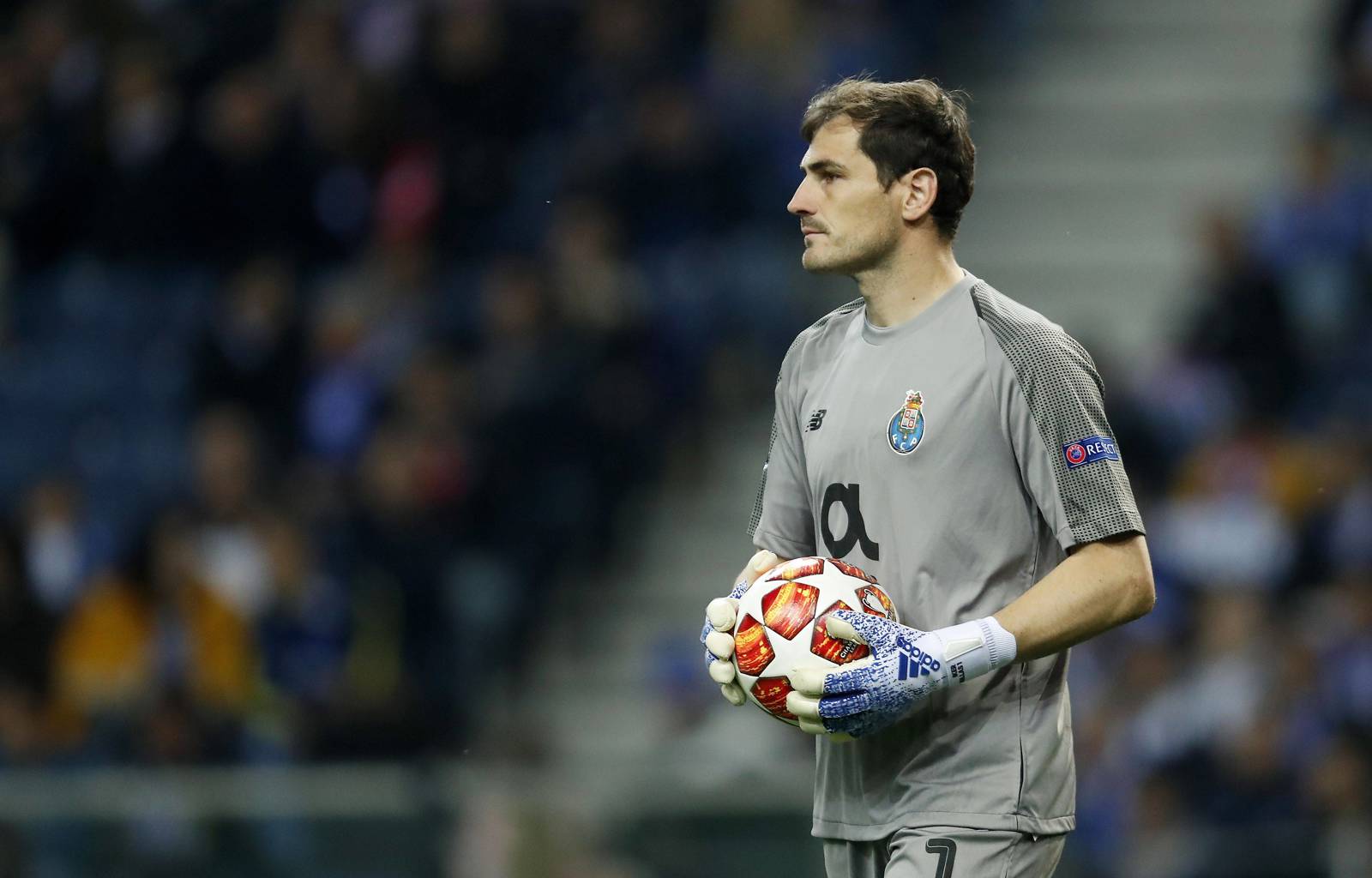
- On World Heart Day, Iker Casillas discusses the heart attack that led him to retire from professional football
- Through his SportBoost platform, he is now promoting a novel startup which helps to detect heart problems early
- “Regular checkups can prevent future problems”, he explains
On 1 May 2019, Iker Casillas’s life and career changed forever. The FC Porto goalkeeper was going through his paces in what seemed up until then to be just another normal training session. But it was no such thing.
First, he felt a strange pressure in his chest. Then a sensation of breathlessness. “It was like being at the bottom of a two-metre-deep swimming pool, wanting to get out and not being able to. I was in really serious distress. At first I thought it was an allergy, but the discomfort got much worse”, he admitted at the time.
The doctors, who gave him immediate attention, confirmed the unthinkable: Iker was having a heart attack. The captain of the Spanish 2010 World Cup-winning team was rushed to hospital, where he was catheterised, which saved his life — a life that then took a 180-degree turn.
On World Heart Day, Iker reflects with FIFPRO on that experience which led him to retire and immediately get involved in how to help other sportspeople prevent similar problems.
“There’s no chance of me having a heart problem”
Iker, in the light of your traumatic experience two years ago, what does World Heart Day represent to you?
My life has totally changed since I had that problem. To be honest, it’s made me aware of how important it is to have a cardiological checkup every so often, even if you haven’t had any worrying episodes before.
How much did suffering a heart attack influence you on a personal level? Were you aware of the importance of talking about World Heart Day before that?
Frankly, no. I didn’t pay it much attention. I suppose I had the same attitude as many other people: “There’s no chance of me having a heart problem.” I didn’t even think about it! But the serious experience I had has opened my eyes and made me realise what I often say nowadays: we must take good care of our “engine”. It’s no accident that the heart is the most important organ in the body.
The heart attack didn’t just cause you to retire. It has also led you to get very closely involved in heart health. Could you tell us more about the enterprise you’re currently supporting?
When I had the heart attack, people from the Idoven company got in touch with me. They’re a startup that carries out very thorough heart examinations with no need to physically travel. It’s done using a patch; it’s non-invasive and anyone can afford it. I quickly got involved in the project. I wanted to be with them, not just by investing in the company, but also by helping them through our accelerator and incubator SportBoost [Editors’ note: a platform devoted to supporting various sports-related startups].
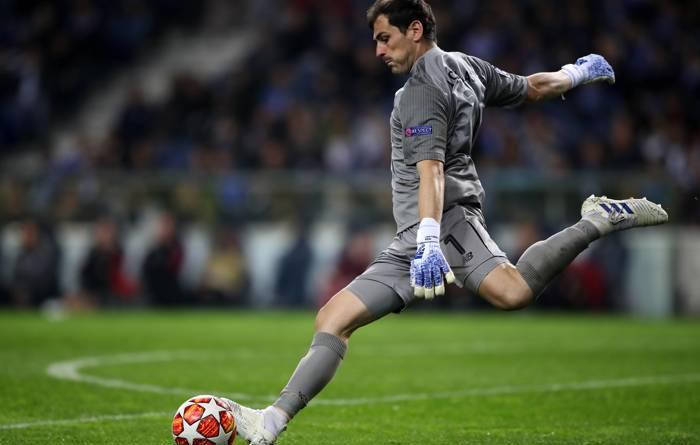
Bearing in mind not only what happened to you, but also what you’ve learned with this enterprise in the last two years, what advice would you give to footballers about their health and particularly their heart?
It’s true that professional footballers are in the best possible hands, but in spite of the medical supervision they’re subject to, we still see tragic cases of unexpected collapses and sudden deaths. Just as we look after ourselves with nutritionists and personal trainers, I recommend everyone to undergo regular heart checkups. This will enable them to detect future problems.
Professional footballers are increasingly being listened to on a range of subjects that go beyond what happens on the pitch. Do you feel an extra responsibility to share your own personal experience?
Heart problems can be prevented, detected and treated. Everyone accepts having prostate, breast or colon screening as something quite normal. But very few people take heart care and checkups seriously. After my own experience, I believe it’s extremely important to tell people about what happened to me. The same thing could happen to anyone, even if we think it’s impossible.
European Week of Sport
Coinciding with World Heart Day is the European Week of Sport (from 23-30 September), part of the European Commission’s overall policy aimed at raising the level of participation in sport and physical activity. The theme is #BeActive, but Iker’s story reminds us that while extremely important, physical fitness doesn’t remove the risk of suffering severe heart problems, even in the case of elite athletes.
